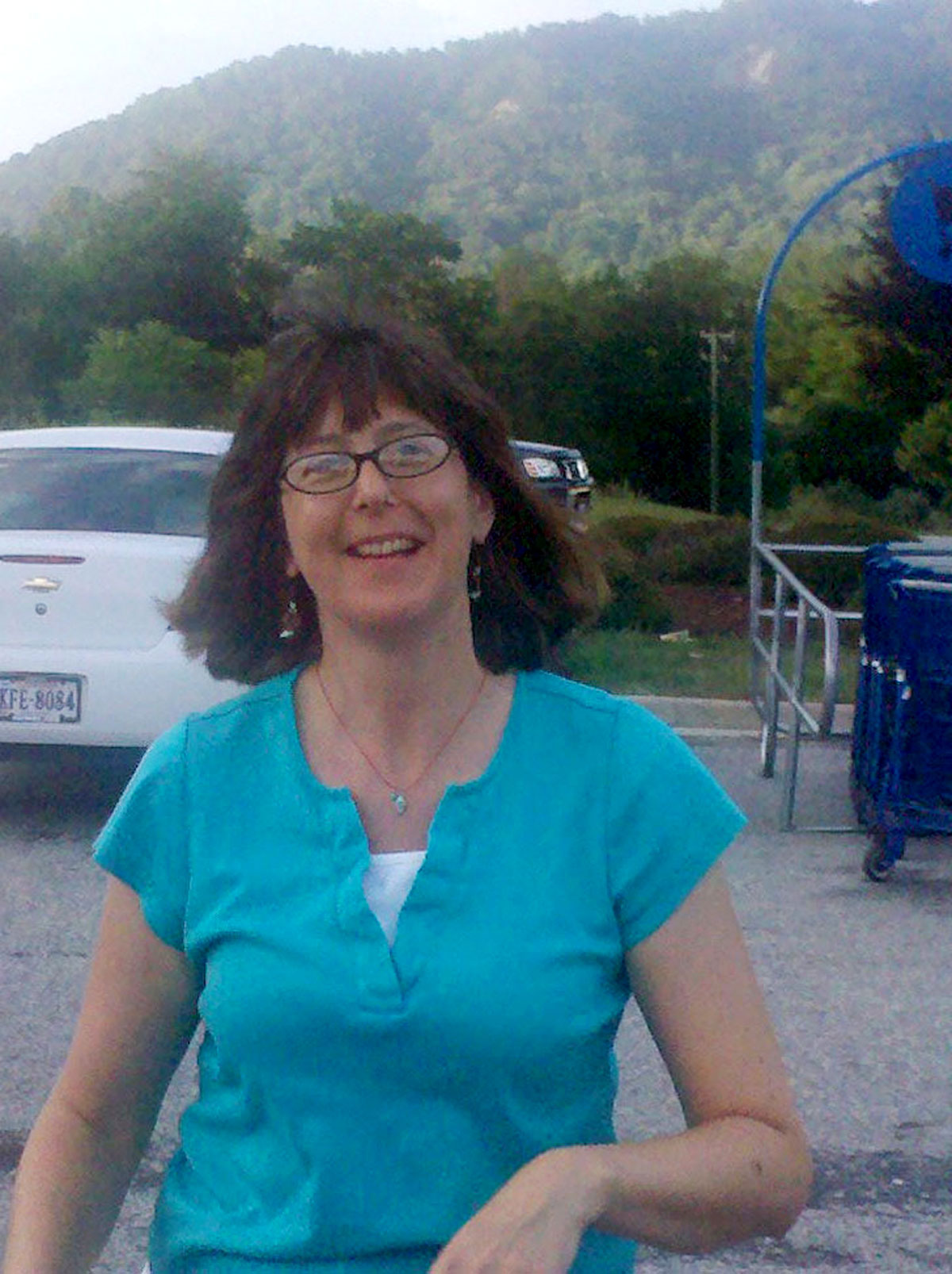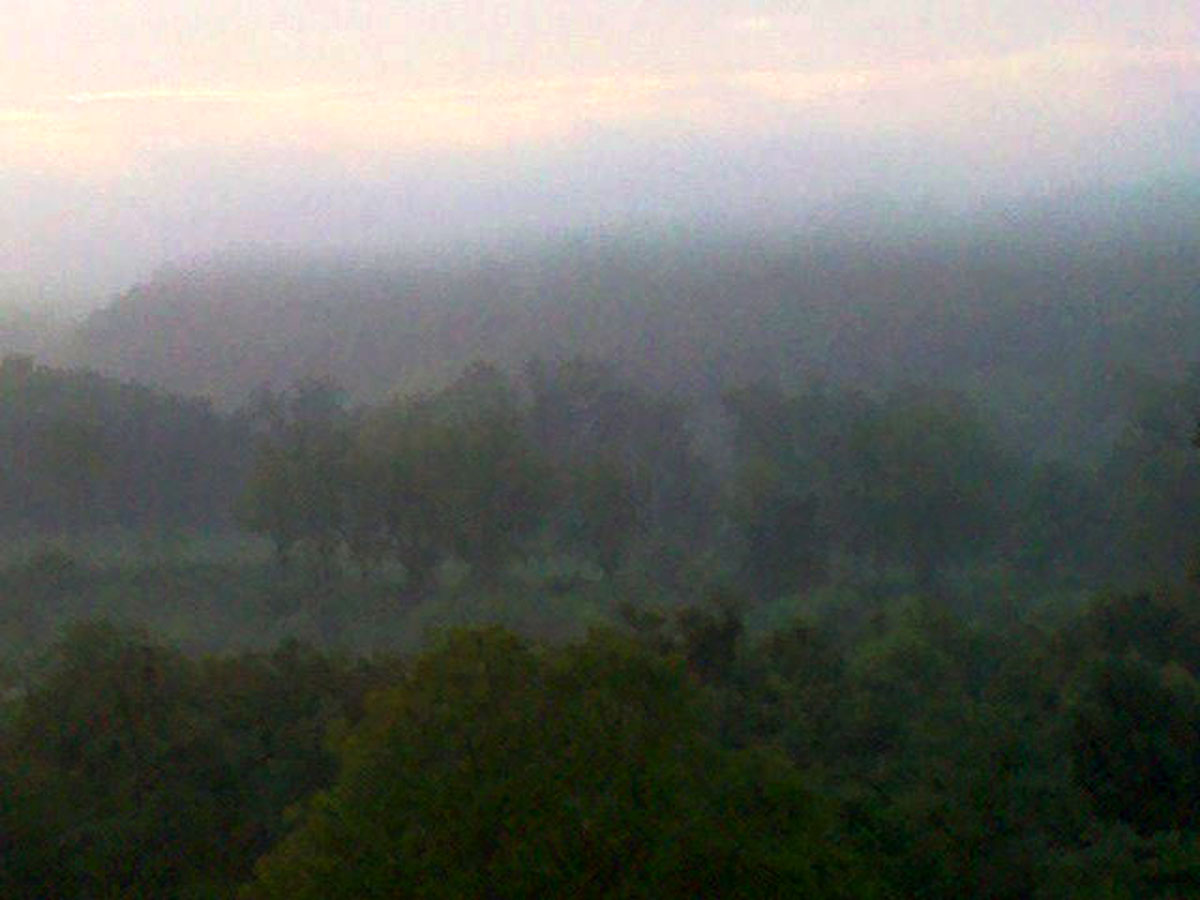Stanley
Something animal rears up inside him when his grandson clambers onto his lap. Zach’s foot kicks the shin of his aching leg, where he had the vascular surgery two years ago, still hurts like crazy some days, and in that instant Stan cannot summon one drop of love for this child. All that resounds in his brain is the need to get the kid off me, for Chrissake, get him away. With a great shove, he pushes the kid off his lap. Hears the thump on the floor with just a tiny bit of satisfaction, if he must be honest. Reptilian brain, isn’t that what the neuroscientists call it? When we are reduced to our animal selves, driven by a small clump of cells in the brain stem that control our most basic instincts – feeding, fighting, fleeing, and sex.
His body is becoming something alien to him, the primal animal parts overwhelming everything else that he knows. He is all reptile today, cold and scaly. His leg aches and his entire neck throbs and he hasn’t gone to the bathroom in four days. A fact that he has managed to hide from his wife, who otherwise would fuss about calling the doctor. Christ, who wants a wife who tracks your bowel movements?
“Dad!” He closes his eyes against the sound of his daughter’s voice. She has come into the room to pick up Zach, who is sobbing. Stan’s reptile eyes remain closed. He imagines them as puffy slits in a leathery face. “Sorry, sweetie, I’m tired,” he manages to mumble, waving an arm in their direction and hoping they will go away. He has become so used to the silent fury humming inside of him that it is as familiar as his constant heartburn, or his wheezy breathing, or the way his neck aches when he turns it, or any of the countless other physical sensations that fill every day. He only opens his eyes once Sarah stomps upstairs with Zach in her arms and the room is silent again. Late morning sun slants in through the window and if he shifts in just the right way in his armchair, the sun will begin to warm his legs under the blanket. He thinks fleetingly about his grandson, knows he will need to make peace later, but not right now. Right now he needs a nap.
He needs a nap but he does not sleep. He scrunches his eyes shut, thinking of nothing, trying to see past the insides of his own eyelids to the peace, the blackness of rest. Thinking of nothing scares his eyes open again, makes him stare straight ahead at the doorway. Thinking he is probably going straight to hell for making Zach cry. He reaches for his pain pills, fumbles one, two, orange tablets into his mouth, trying to remember when he took the last one but failing. He lifts his water glass, swishes water back into his throat, and, tipping his head until his neck muscles clench, swallows.
Actually, he does not believe in hell, not really, doesn’t think there is an afterlife. He doesn’t even know if he believes in God. He remembers Sarah and Abby asking about God as little girls. His wife Evie was always the one who answered their daughters’ questions, who made up simple stories about a Creator, a benevolent force in the universe, about the need to do good and to make the world a better place. Stan believes in tikkun olam, in trying to heal the world, make the earth a better place because you walked on it. But he doesn’t know the purpose behind it all. It just stands to reason that there must be something beyond human existence, something more than our reptile brains following the path laid by a chain of DNA millions of years ago.
Sarah was a thinker and a doubter, just like him. Both girls went to Hebrew school on Sundays, and to temple on the important holidays: Rosh Hashanah and Yom Kippur. But Sarah was the one who took it seriously. She joined the temple youth group and came home singing Hebrew folk songs and talking about visiting Israel. For two years, she insisted that they light Shabbat candles every Friday night; then her interest in boys took over and she didn’t seem to notice when Evie no longer brought the candles out. Sarah was his difficult daughter – the one who changed her story every few years. The one he worried would never really be happy.
He has a sudden memory of Sarah on the roof. As a teenager, she had discovered that she could slip out an upstairs window of her bedroom onto the gently sloping roof of the family room three feet below. She would lie flat on her back out there, her body pressed against the warm asphalt tile of the roof, eyes wide open, taking in the entire blue sky. All of it, from the broccoli tips of the trees in the backyard to the wispy grey of the clouds far away over the marsh.
“Stan!” His wife had shrieked when she discovered Sarah out on the roof one day. “She’ll kill herself! It’s dangerous out there! You tell her right this minute she can’t go out there anymore!”
“Oh, Evelyn,” Stan had said mildly, with a quick sideways wink at Sarah. “She’ll be careful, I’m sure.” He thought he understood why his daughter was out on the roof. He understood the ache to see it all, to be encircled by the whole open sky, to throw your arms and legs wide apart and lie there, soaking in the entire shimmering world. A longing so huge it hurt the inside walls of your chest when you breathed.
I don’t know, he wants to say to Sarah now. I don’t know if we can ever make anything right. I don’t know if it’s possible to hold all of this wanting in our hearts and not break apart.
|
 Karen S. Mittelman holds a B.A. and a Ph.D. in American history from the Karen S. Mittelman holds a B.A. and a Ph.D. in American history from the
University of Pennsylvania, and is an award-winning readings/appearances and poet. Her
poetry and essays have appeared in The Comstock Review, Red River Review,
Mothering magazine, Kerem: A Journal of Jewish Spirituality, and other
national journals. She was nominated for a Pushcart Prize in 2002, and
received an Individual Artist Award from the Maryland Council on the Arts in
2010.
Karen is working on her first novel, entitled Force of Nature, which
recently won second prize for literary fiction in a nationwide novel
competition sponsored by the Maryland Writers' Association. She lives near
the Chesapeake Bay with her husband and son.
click here to read other poems by Karen Mittelman featured on amusejanetmason.com

amusejanetmason.com
|